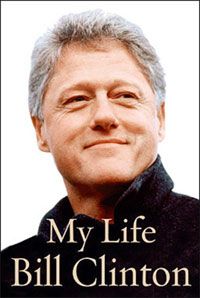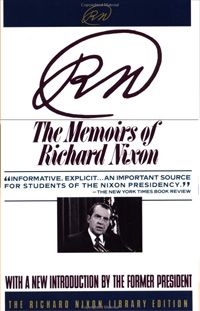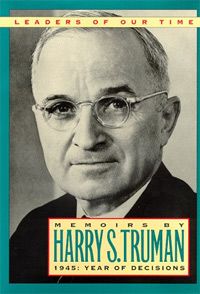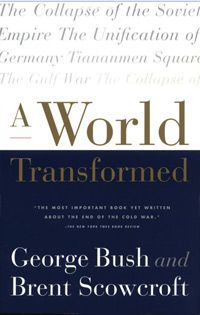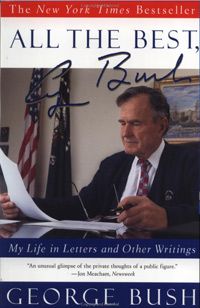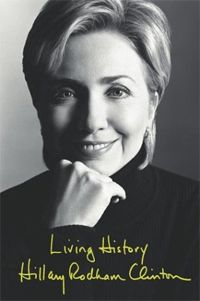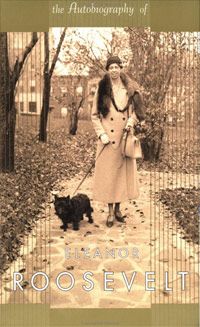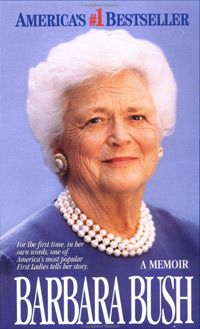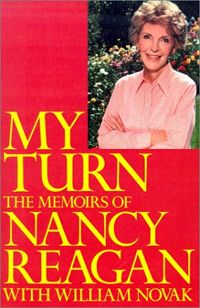Presidential memoirs tend to get a lot of buzz. In recent years, President Bill Clinton and President George W. Bush have each published memoirs, but of the all the prior U.S. presidents, a surprisingly small number have actually written memoirs. Given the ubiquitous political publishing of our time, it's difficult to imagine that any president would actually let pass the opportunity to tell his story in his own words -- but many did.
For those few who have opted to record the story from their singular vantage point, they certainly took advantage of the opportunity to have their say. In the preface to his two-volume, 1,000-plus page memoir, Harry S. Truman writes:
Advertisement
In this article, we'll take a look at what a presidential memoir is and who has taken the time to write one. We'll also take a look at other presidency-related memoirs, including memoirs written by presidential hopefuls and by first ladies. One former first lady's memoir, Hillary Rodham Clinton's "Living History," has broken sales records.
Advertisement
